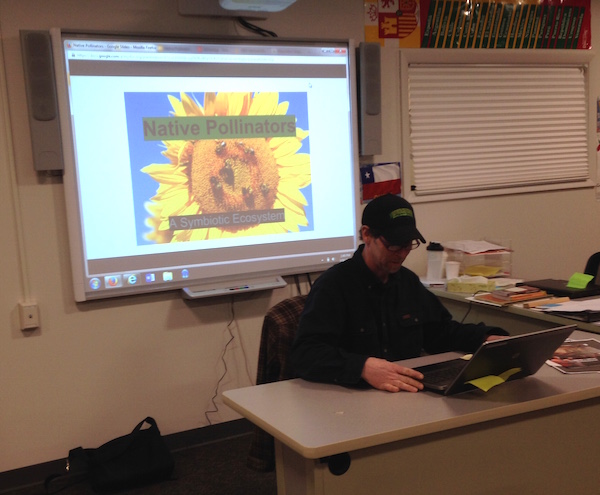Sometimes people who license their digital content aren’t really thinking it through. They may have something else on their minds or copyright nuance may not be their thing. I think it behooves us copyright advocates and activists to (at least) politely try to push the envelope towards more open content licensing. Here’s the example I enjoyed from today.

This is interesting especially because Flickr uses Creative Commons licensing, but does not use CC-0 which is an intentional choice. Photos from cultural heritage organizations which are in the Flickr Commons have an additional “no known copyright restriction” 18comixoption that is only available to specific accounts, not any Flickr user. There are many ways this specific issue can be resolved but just the fact that it’s generally a hurdle that has to be overcome indicates that there is still a good role for copyright reform advocates to play. More supporting links: Original article & SpaceX photos on Flickr.
Update: I made this into a longer Medium post.
 .
.
